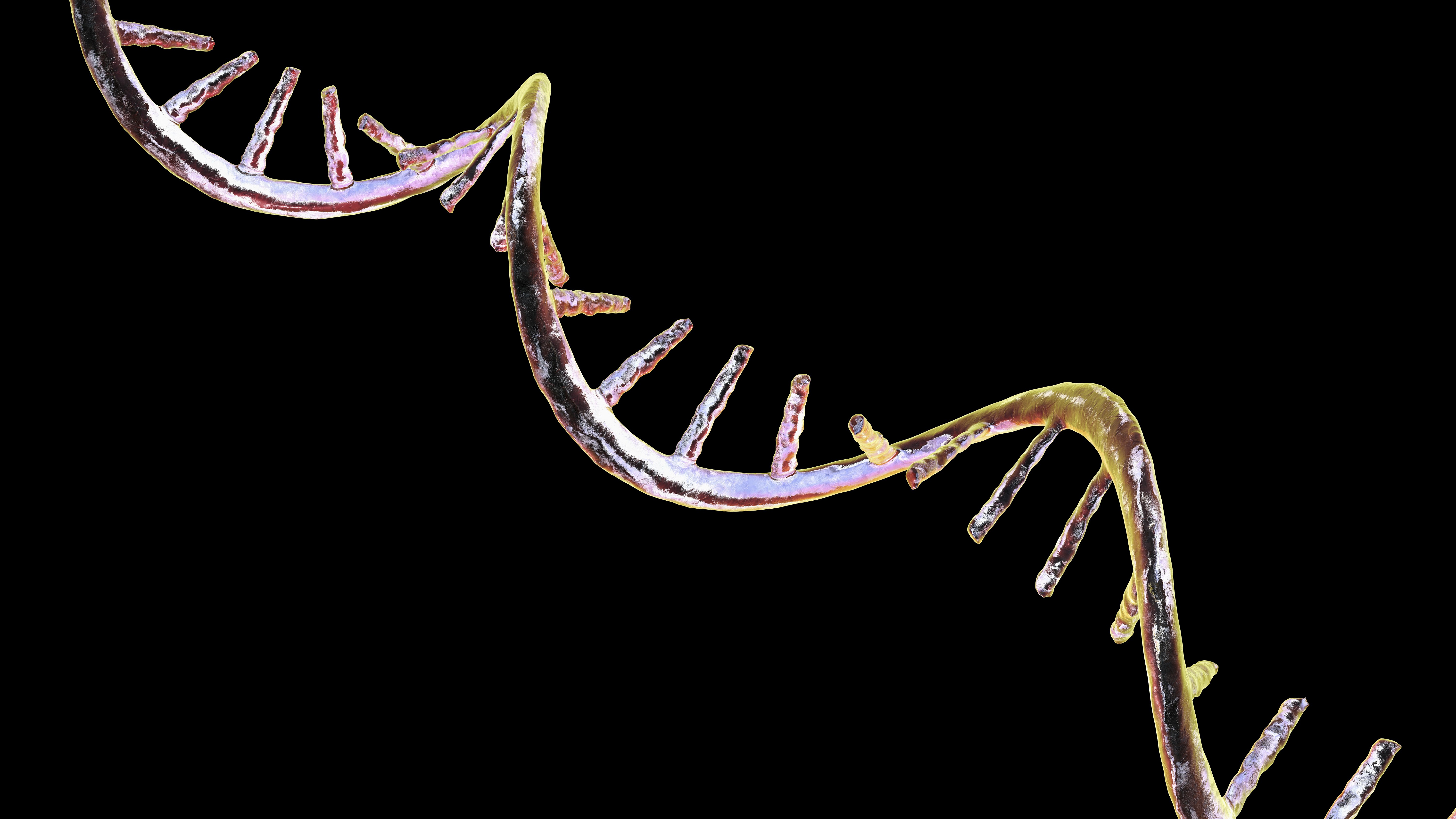Teenagers Hear Worse After Attending Concert
Seventy-two percent of teenagers experienced reduced hearing ability after a loud concert, new research found. This hearing loss isn't permanent, but repeated exposure to loud noise can be.
"Teenagers need to understand a single exposure to loud noise either from a concert or personal listening device can lead to hearing loss," study researcher M. Jennifer Derebery, of the House Research Institute, said in a statement. "With multiple exposures to noise over 85 decibels, the tiny hair cells may stop functioning and the hearing loss may be permanent."
The researchers tested the hearing of 29 teens before and after a concert, and 72 percent of them had hearing loss. This type of hearing loss is not generally believed to be permanent. It is called a temporary threshold shift and usually disappears within 16 to 48 hours, after which a person’s hearing returns to previous levels.
The study was presented May 21 at the American Otologic Society Meeting in Los Angeles and will be published in the journal Otology & Neurotology.
Before the concert, the researchers explained the importance of using hearing protection to the teenagers, but only three chose to use the ear plugs offered to them.
Three adult researchers sat with the teenagers. Using a calibrated sound pressure meter, 1,645 measurements of sound decibel levels were recorded during the 26 songs played during the three hour concert. The sound levels ranged from 82 to 110 decibels, with an average of 98.5 decibels. The mean level was greater than 100 decibels for 10 of the 26 songs. These levels are much higher than recommended.
Following the concert, the majority of the study participants were found to have a significant reduction in the Distortion Product Otoacoustic Emissions test, which checks the function of the tiny outer hair cells in the inner ear that are believed to be the most vulnerable to damage from prolonged noise exposure, and are crucial to hearing.
Get the world’s most fascinating discoveries delivered straight to your inbox.
With exposure to loud noise, the outer hair cells show a reduction in their ability to function, which may later recover. However, it is known that with repeated exposure to loud noise, the tiny hair cells may become permanently damaged. Recent animal research suggests that a single exposure to loud noise may result in permanent damage to the hearing nerve connections themselves that are necessary to hear sound.
Following the concert, 53.6 percent of the teens said they did not think they were hearing as well after the concert. 25 percent reported they were experiencing tinnitus or ringing in their ears, which they did not have before the concert.
The findings of the study clearly indicate more research is necessary to determine if the guidelines for noise exposure need to be revised for teenagers. More research is also needed to determine if teenager’s ears are more sensitive to noise than adults.
"It also means we definitely need to be doing more to ensure the sound levels at concerts are not so loud as to cause hearing loss and neurological damage in teenagers, as well as adults," said Derebery. "Only 3 of our 29 teens chose to use ear protection, even when it was given to them and they were encouraged to do so. We have to assume this is typical behavior for most teen listeners, so we have the responsibility to get the sound levels down to safer levels."



